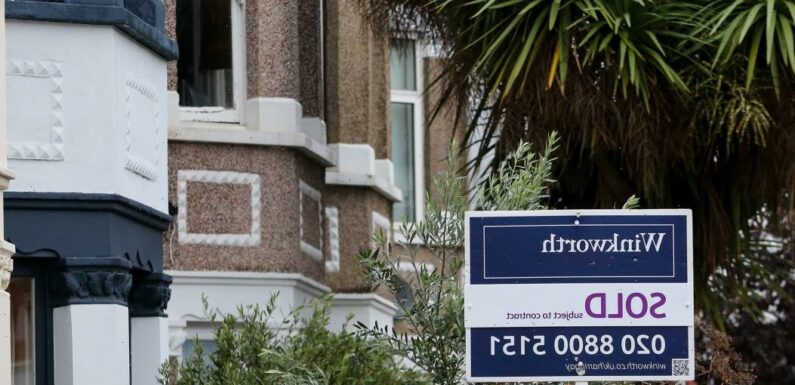
MILLIONS on Universal Credit can get help paying for rent or their mortgage.
The cash boost is known as the "housing cost element".
But not all on Universal Credit can claim the help.
Below we reveal what housing element is, who is eligible and how to apply.
What is the Universal Credit housing element?
The housing cost element of Universal Credit is money that can be used to pay for housing costs including rent, ground rent and service charges.
Council and private tenants can apply for cash help, but you'll only get it if you are the person who pays the bills.
You won't be eligible for payments if you live in a home that's owned by a close relative, like your parents, and neither can full-time students unless you are disabled or have children who rely on you.
The payment is not a loan which means you won't have to pay it back.
How to apply for the Universal Credit housing support
If you already get Universal Credit, applying for housing payments can be done through your online account.
If you haven't yet made a claim and want to, you'll have to apply for Universal Credit first.
This means you'll need an email address and must be able to verify your identity online.
If you need help applying for either housing payments or Universal Credit, there is a helpline on offer – 0800 328 5644.
MAKE UNIVERSAL CREDIT WORK
What is Universal Credit? Everything you need to know including how to apply
Universal credit log in: How do I sign into my account?
Universal Credit calculator 2022: How much you can claim
What is a Universal Credit advance payment? How to apply and pay it back
How much rent will Universal Credit pay?
How much you will be entitled to depends on your circumstances, such as where you live and whether you're a private or council tenant.
Private tenant
Your housing costs are calculated using the Local Housing Allowance – you can find out how much you can expect by using this online tool.
Universal Credit looks at average rents in your area and the number of rooms you need based on how many in your household depend on your benefits.
For example, if you are a single person under 35 and you don't have any dependant children then your payment will be based on how much it costs to rent a room in shared accommodation.
If you're a parent with one child, then your housing costs will be based on the average price of a two-bed home in your area.
If your home is larger than you need or too expensive then your payment might not cover your rent.
Council and housing association tenants
Your housing costs element is calculated based on how much rent you already pay but also takes into account how many rooms you actually need.
So if your house has more bedrooms than you need then the amount of money you get might not cover your rent.
You're allowed one bedroom for each category below:
- One per adult couple,
- Each person over 16,
- Per two children of the same sex under 16,
- Per two children under 10, regardless of their sex,
- Any other child on top of the previous points,
- An overnight carer you need but doesn't live with you.
If you have any spare rooms in your house then how much help you're entitled to will reduced by:
- 14 per cent for one spare room,
- 25 per cent for two or more spare rooms.
You may be protected from a reduction if:
- You are a foster carer who have had a child place with them or have registered as a carer in the past 12 months,
- Parents who has a spare room while their child is away with the armed forces,
- You have a severly disabled child who can't share a room with a sibling.
Can I get the Universal Credit housing element if I have a mortgage?
Homeowners will only be entitled to cash towards paying off the monthly interest payments as long as they aren't earning any income, for example, you've unexpectedly lost your job.
That includes couples, so if you're making a claim together, and one of you earns a wage then neither of you will qualify.
You will only be able to get help if you've been claiming Universal Credit for 39 weeks or more, with no breaks or earned income.
The amount you're entitled to will be based on your interest rate set by your lender applied to the outstanding amount you have on your mortgage, up to £200,000.
There will be a three-month waiting period and payments stop as soon as you start work again, even if you're only earning a small amount.
If you are rejected for help under Universal Credit, you can also apply for a Support for Mortgage Interest Loan instead.
The Government will lend you money for your monthly mortgage payments but you will be charged interest.
How is the Universal Credit housing element paid?
For tenants, the housing cost element will be paid to you as part of your Universal Credit payment and will go straight into your bank account.
In special circumstances, you can request that the payment be made directly to your landlords although this isn't guaranteed.
For homeowners, the SMI is paid directly to your lender.
Source: Read Full Article



